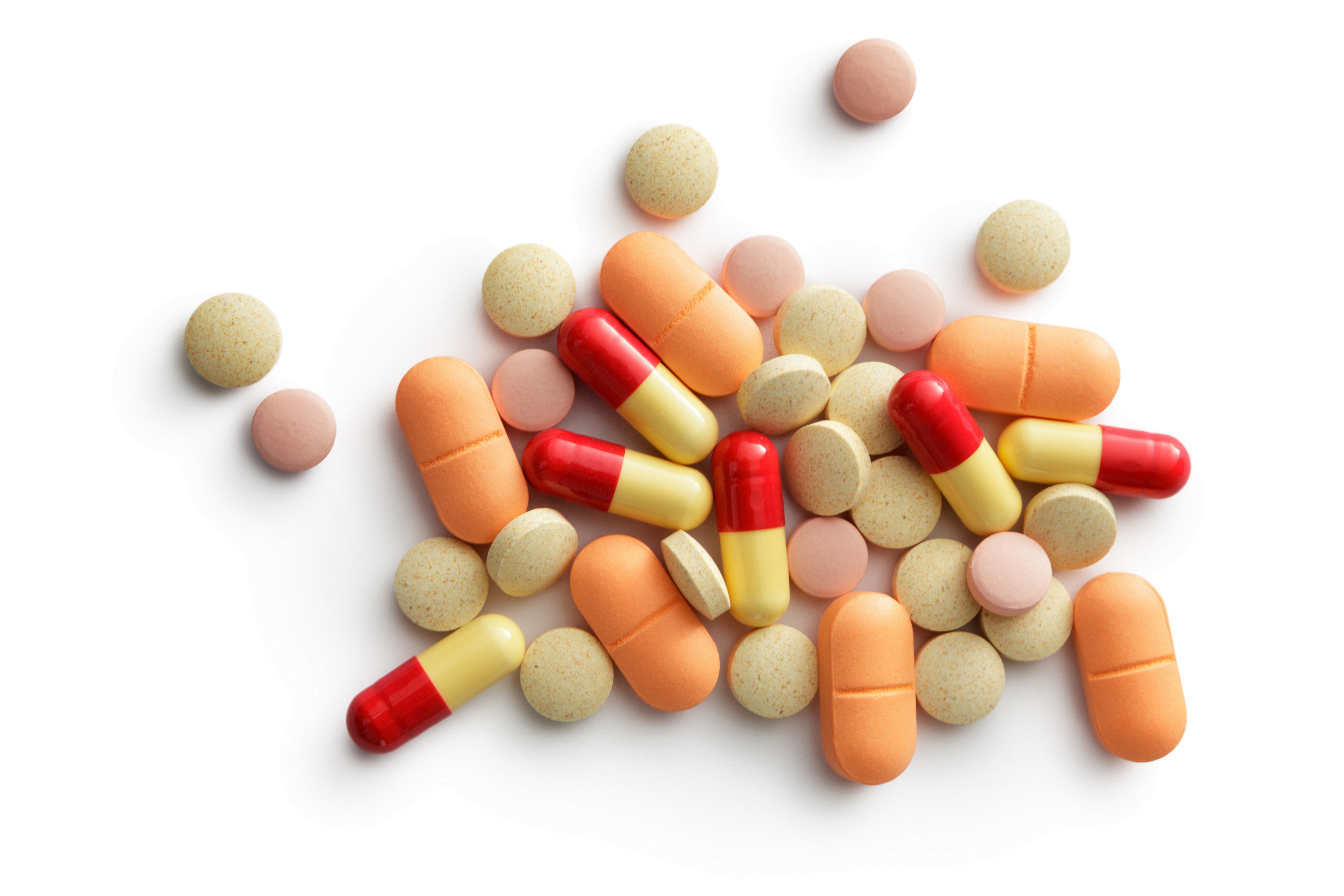Adjunctive and alternative treatments
Alternative treatments for bipolar disorder may be administered along with, or instead of, standard treatment options such as mood stabilisers. Click on the tabs below to access the information on alternative treatment options for bipolar disorder, or browse the drop-down menu on the left.
Image: ©Floortje – stock.adobe.com
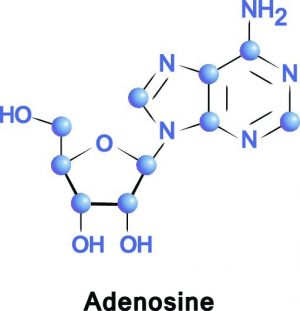
Adenosine modulators
What are adenosine modulators for bipolar disorder? Bipolar disorder is thought to be associated with a purinergic system dysfunction, particularly in the manic phases of the disorder. Moreover, depressive temperaments have been related to both high and low levels of uric acid. Allopurinol is used for the treatment of gout and hyperuricemia; it inhibits purine degradation and subsequently increases adenosine levels. What is the evidence for adenosine modulators? Moderate quality evidence suggests adjunctive allopurinol may improve mania symptoms in people with bipolar disorder, but not for those in a mixed mood state. November 2021 Image: ©lyricsai – stock.adobe.com
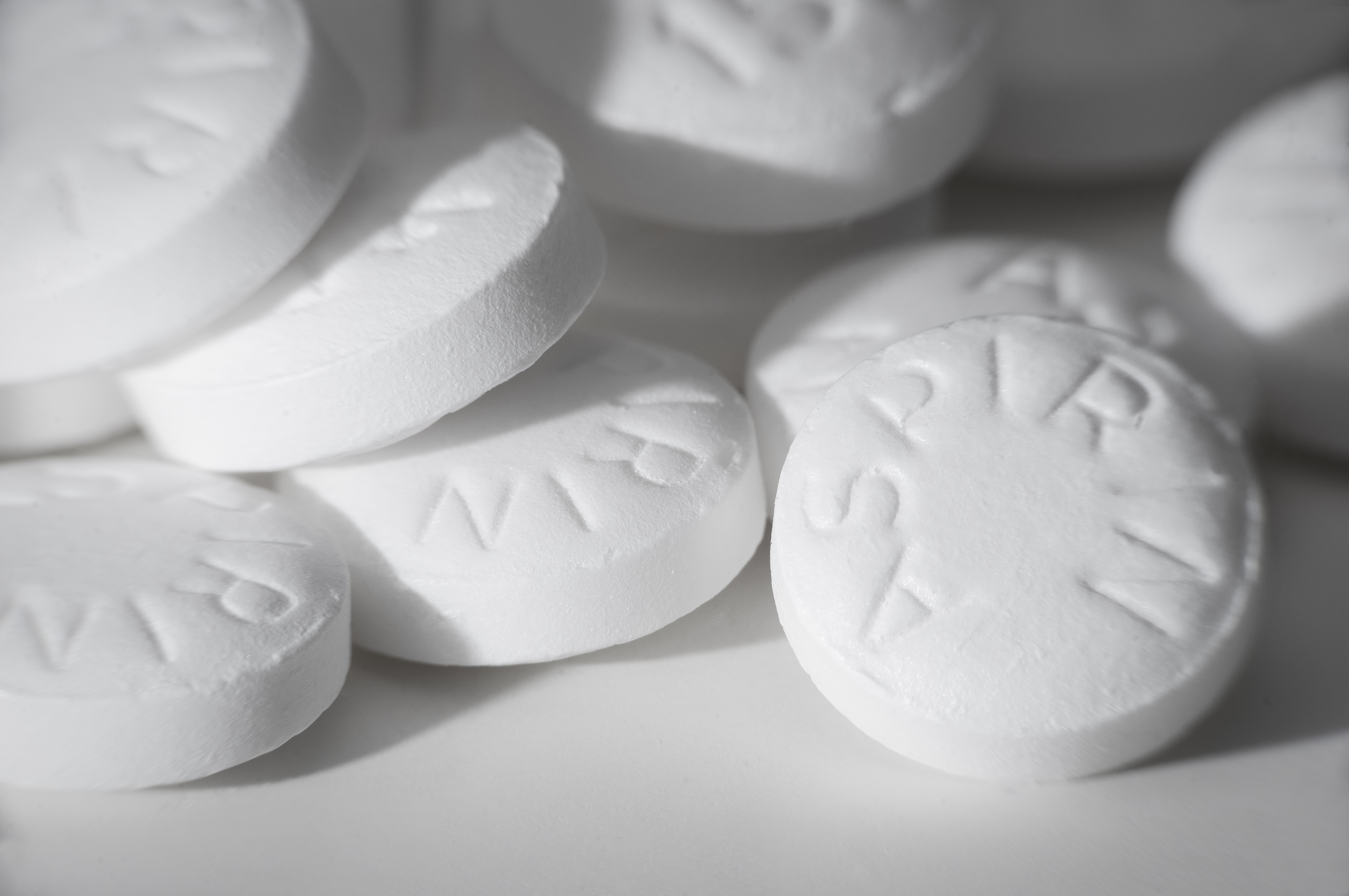
Anti-inflammatories
What are anti-inflammatory medications for bipolar disorder? Growing evidence suggests that inflammatory processes may contribute to the development of mental disorders. Pro-inflammatory cytokines interleukin (IL) 4, tumor necrosis factor alpha (TNF-a), soluble IL-2 receptor (sIL-2R), IL-1b, IL-6, soluble receptor of TNF-a type 1 (STNFR1), and C-reactive protein (CRP) have been shown to be elevated in people with bipolar disorder compared to healthy controls. This suggests a potential role for anti-inflammatory agents in the treatment of bipolar disorder. These agents primarily include non-steroidal anti-inflammatory agents (e.g., aspirin, celecoxib), but also omega-3 polyunsaturated fatty acids, N-acetylcysteine (a glutemate modulator) and pioglitazone (an…
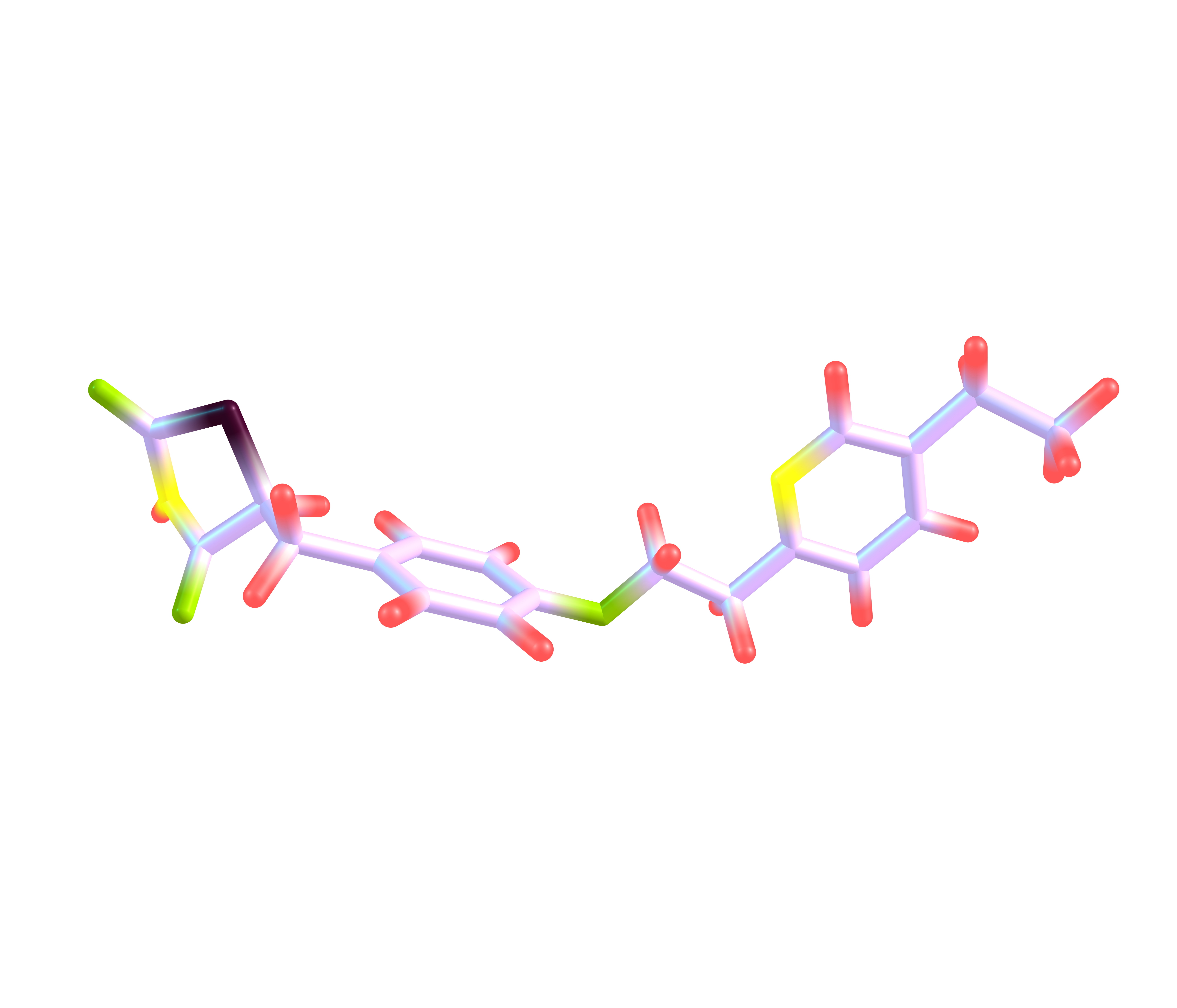
Antidiabetics
What are antidiabetic medications for bipolar disorder? Peroxisome proliferator-activated receptor-gamma (PPAR-γ) agonists such as pioglitazone are used to treat type 2 diabetes. In the context of comorbid diabetes and depressive disorders, studies have shown that pioglitazone also has antidepressant properties. This topic assesses the evidence for antidiabetic medications for the treatment of depression in people with bipolar disorder. What is the evidence for antidiabetic medications? Low quality evidence is unable to determine the benefits of pioglitazone for depression in people with bipolar disorder. Note that this result was due to only one small study of people with bipolar disorder. When…
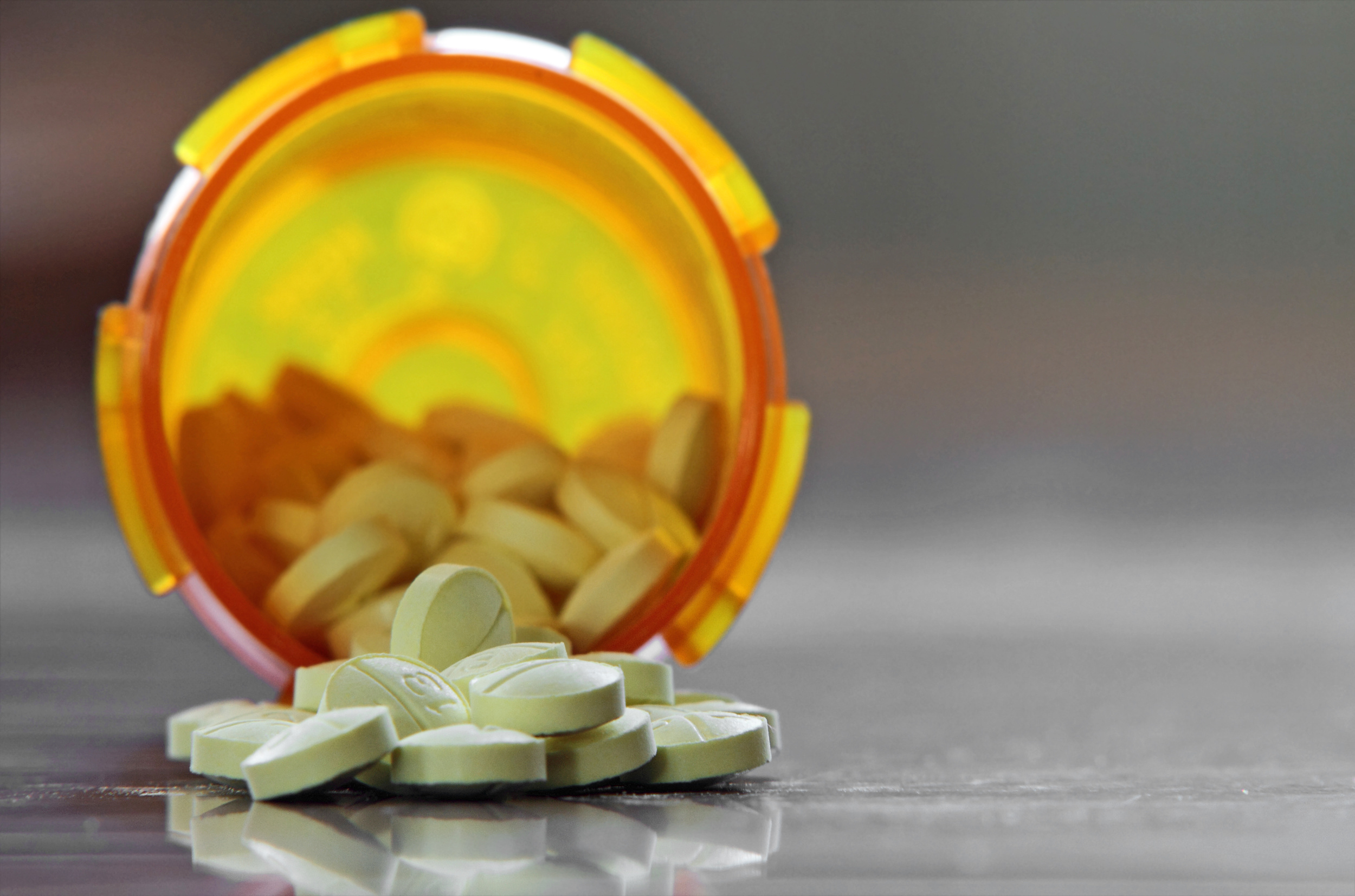
Benzodiazepines
What are benzodiazepines for bipolar disorder? Benzodiazepines are minor tranquillisers that may be implemented as an adjunct to other medications in order to treat acute symptoms, such as agitation, aggression, irritability, and anxiety. They may also be used to treat side effects of antipsychotic medications such as movement disorders, including tardive dyskinesia. However, benzodiazepines are associated with their own side effects and are associated with well-established patterns of tolerance and dependence, so they are prescribed with caution. What is the evidence for benzodiazepines? Moderate to low quality evidence suggests the benzodiazepine lorazepam is less effective than intramuscular antipsychotics olanzapine and…
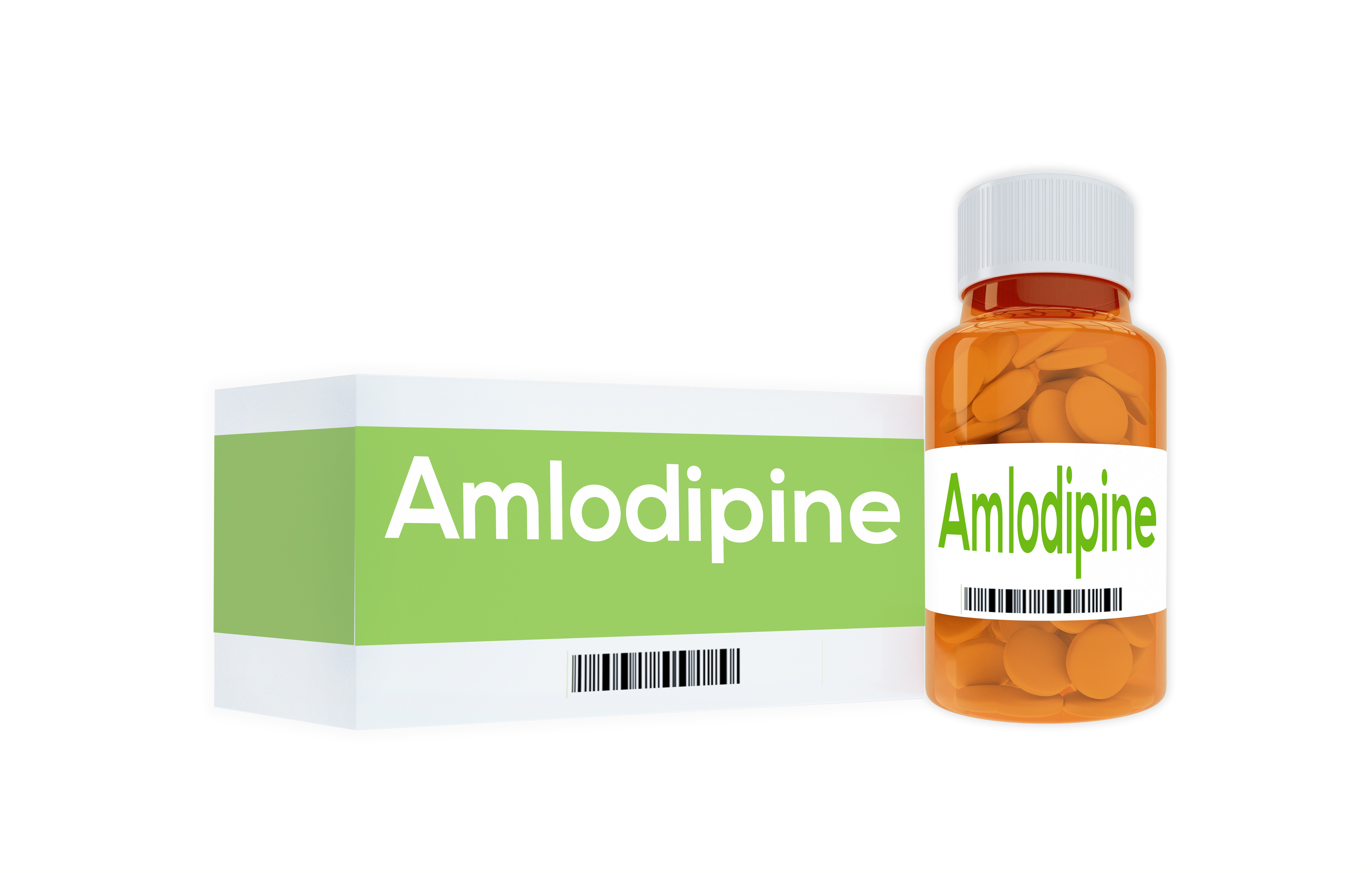
Calcium channel blockers
What are calcium channel blockers for bipolar disorder? Calcium signalling has long been implicated in bipolar disorder, with reports of altered levels of calcium in people with mania, and the observation that long-term lithium treatment is associated with altered calcium metabolism. These reports prompted investigations of calcium channel blockers (primarily verapamil) as potential treatments for bipolar disorder. What is the evidence for calcium channel blockers? Moderate to low quality evidence suggests no differences between verapamil and placebo or lithium for manic symptoms or rates of discontinuation. Low quality evidence is unable to determine side effects of any particular calcium channel…
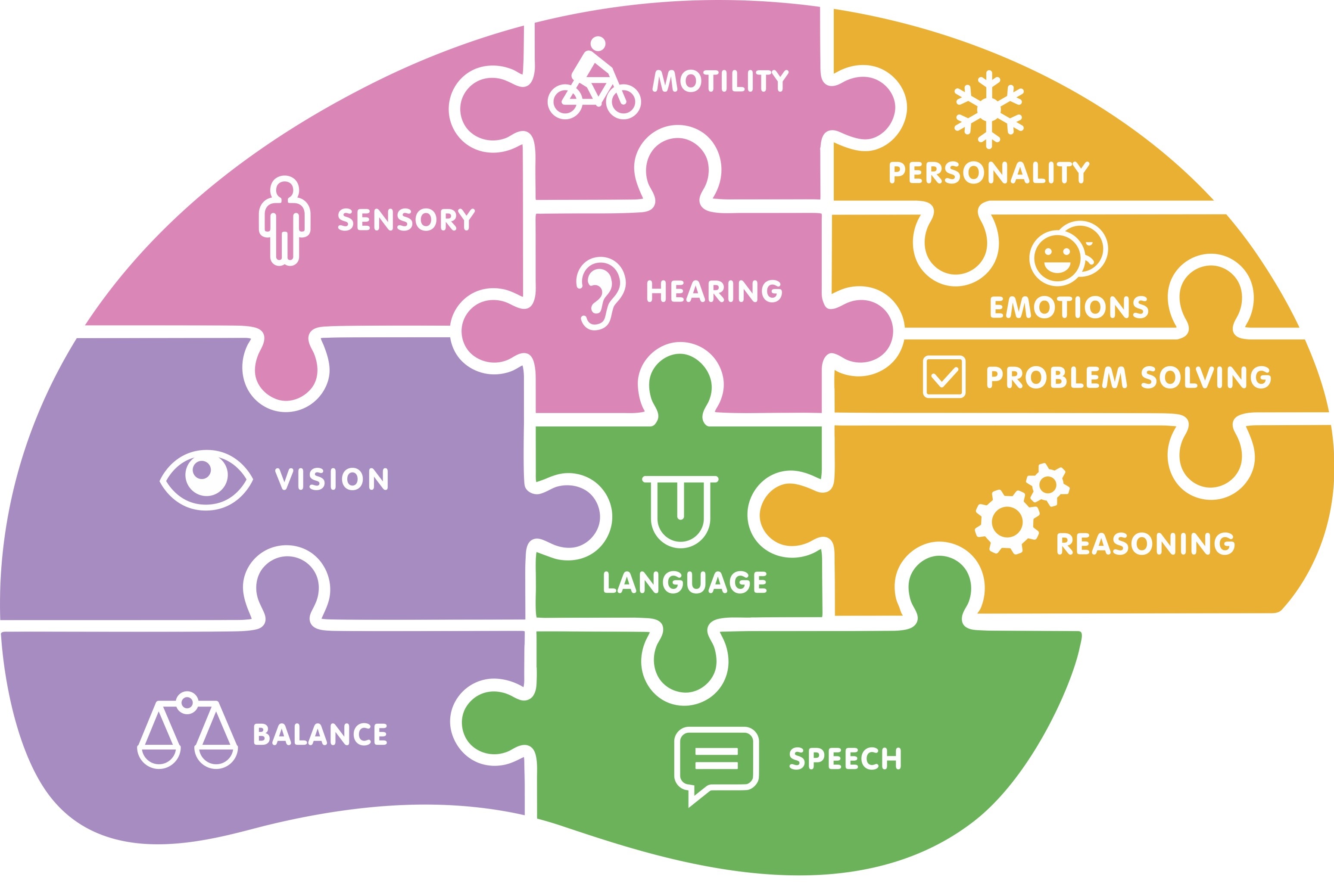
Cholinesterase inhibitors
What are cholinesterase inhibitors for bipolar disorder? Cholinesterase inhibitors, or anti-cholinesterase, have been proposed as an additional therapy to standard treatments in an attempt to improve functional outcomes and treat symptoms that are not addressed by the other medications. Cholinesterase receptors are known to be involved in cognition, and the use of cholinesterase inhibitors has previously shown some efficacy for improving cognition in Alzheimer’s disease. Aspects of cognition have also been shown to be impaired in bipolar disorder. What is the evidence for cholinesterase inhibitors? There is only low quality evidence currently available from small trials that show no consistent…
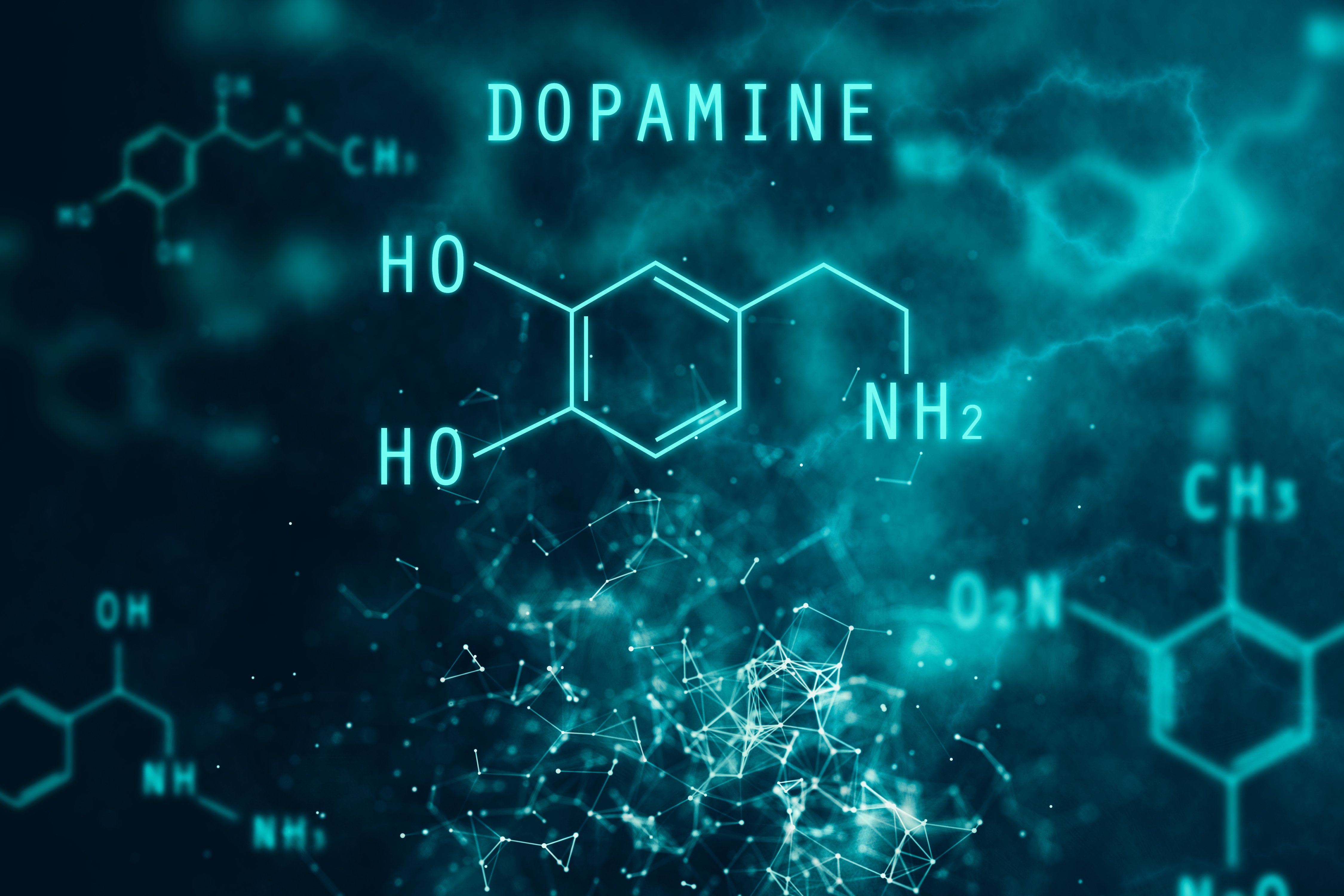
Dopaminergic modulators
What are dopaminergic modulators for bipolar disorder? There is increasing interest in dopamine dysfunction being a putative mechanism underlying the pathogenesis of bipolar disorder. Dopaminergic modulators include stimulants (methylphenidate, amphetamine, and lisdexamphetamine), stimulant-like agents (modafinil and armodafinil), dopamine agonists (pramipexole), and partial dopamine agonists (aripiprazole, cariprazine, and brexpiprazole). These agents increase dopaminergic neurotransmission and are thought to be useful in the treatment of depressive episodes in bipolar disorder, but not in the context of other psychiatric conditions. They are also being tested for mania symptoms. What is the evidence for dopaminergic modulators? For depression, moderate to high quality evidence finds…
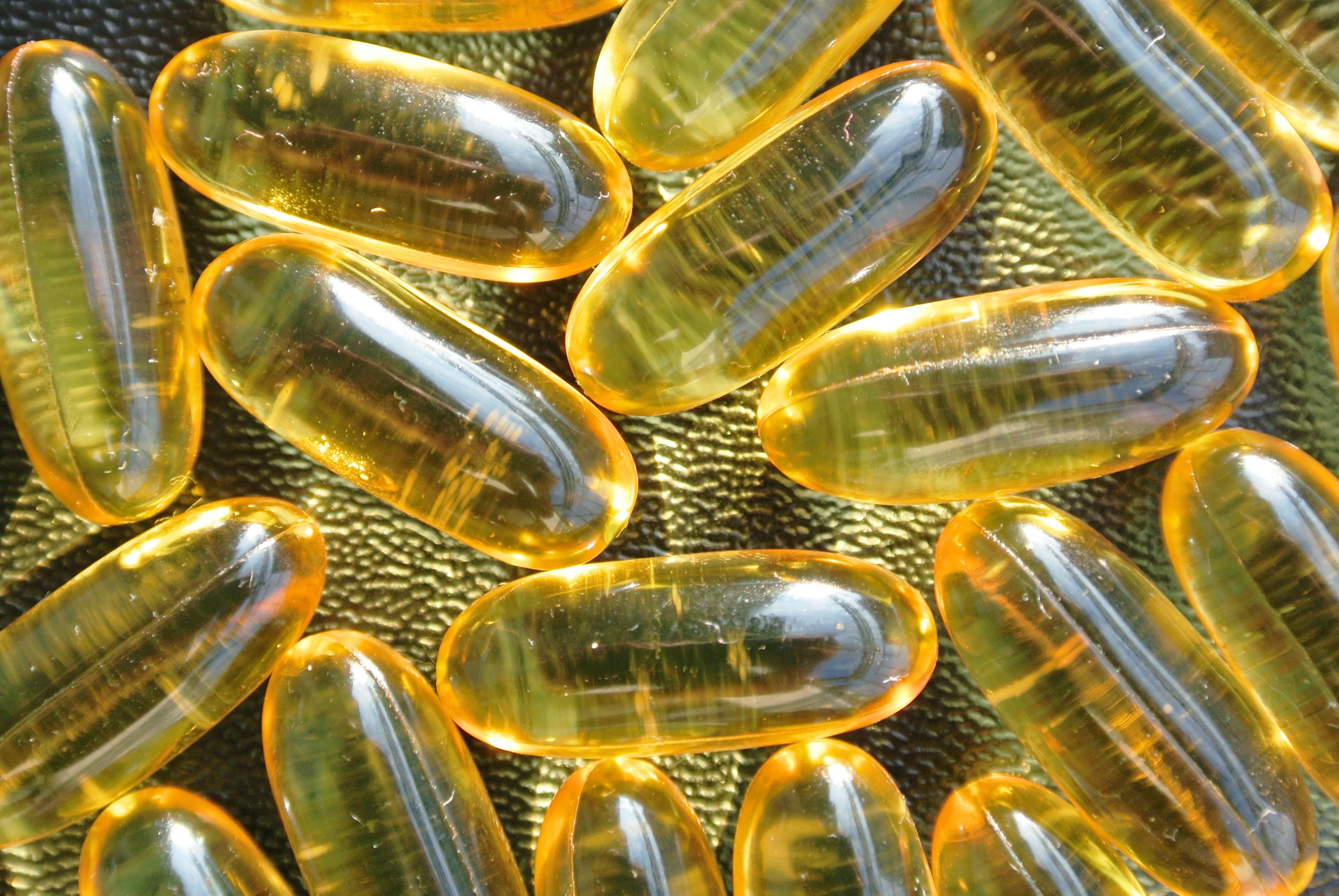
Essential fatty acids
What are essential fatty acids for bipolar disorder? A supplementary, or adjunctive, treatment is administered in conjunction with a patient’s ongoing antipsychotic therapy, in an attempt to treat symptoms or improve functions that are not addressed by the antipsychotic alone. One important group of compounds that have been suggested as an adjunctive therapy are essential fatty acids (EFAs). The two main EFAs are omega-3 and omega-6. They are important compounds for brain function, as they have impact on membrane receptors, ion channels and synapse function, as well as neuronal development. What is the evidence for essential fatty acids? Moderate to…

Estrogen modulators
What is estrogen for bipolar disorder? Tamoxifen is a selective estrogen-receptor modulator that is used to treat breast cancer. Studies on the pathophysiology of bipolar disorder have demonstrated abnormalities in protein kinase C (PKC) signaling in manic states. Inhibition of PKC can result in antimanic effects. Currently, tamoxifen is the only relatively specific PKC inhibitor that is available for human use and that is capable of crossing the blood-brain barrier. What is the evidence for tamoxifen? Moderate quality evidence suggests large effects of greater improvement in acute mania symptoms with tamoxefin than with placebo, risperidone, haloperidol, olanzapine, caripraxine, lithium, carbamazepine,…
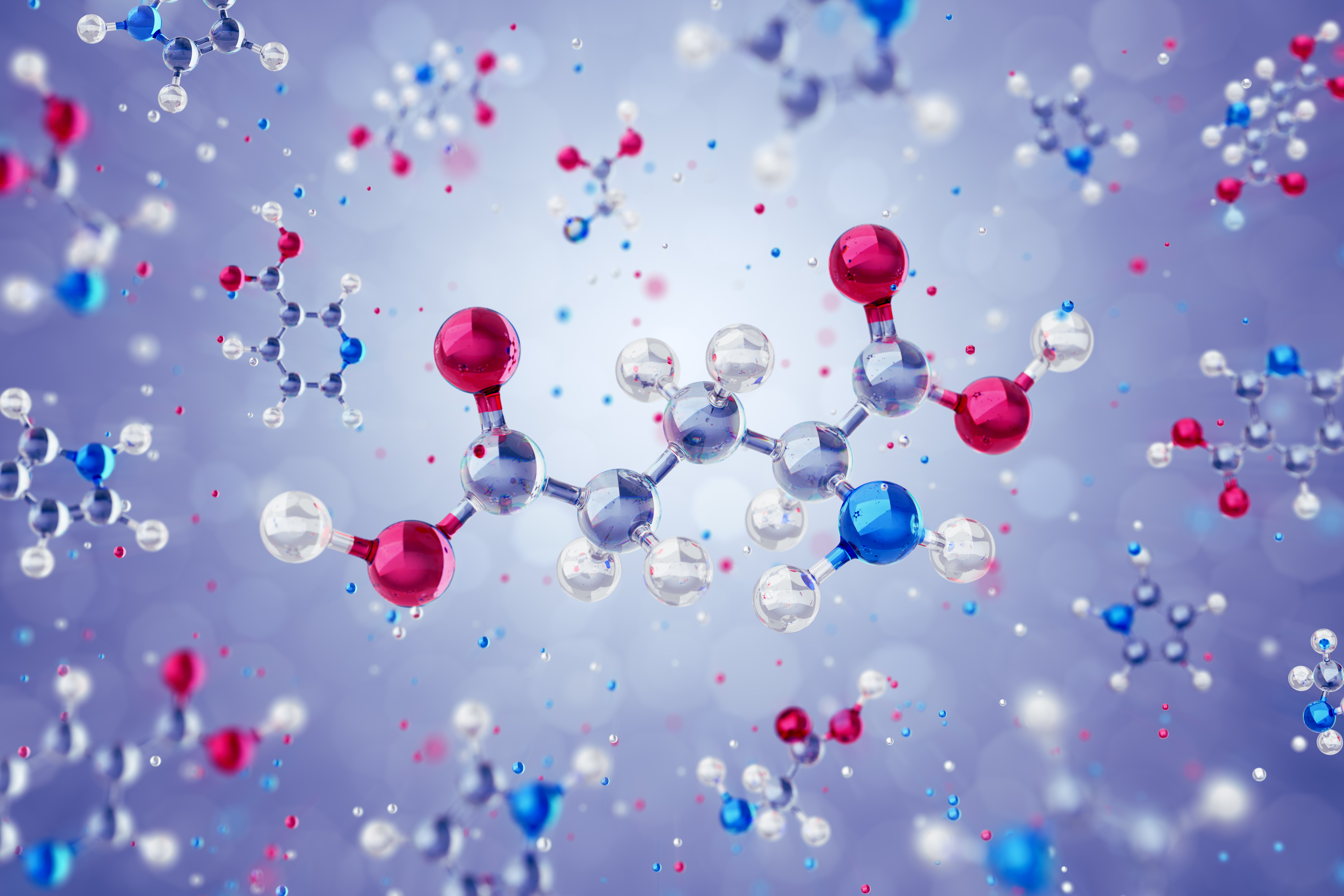
Glutamatergic modulators
What are glutamatergic modulators for bipolar disorder? Glutamate receptor modulators, such as ketamine and memantine, have been suggested as potential treatments for bipolar disorder when there are sub-optimal responses to other pharmaceuticals. Currently approved treatments for bipolar depression (i.e. several mood stabilisers, antidepressants and antipsychotics) are thought to involve a number of different neurotransmitters such as serotonin, dopamine, and norepinephrine. There is emerging evidence that glutamatergic system dysfunction may also play an important role in the pathophysiology of bipolar depression, and that drugs targeting the NMDA (N-methyl-D-aspartate) glutamate receptor may have antidepressant effects. What is the evidence for glutamatergic modulators?…

Herbal and nutrients
What are herbal treatments for bipolar disorder? Herbal treatments have been suggested as possible adjunctive therapies for people with bipolar disorder who have inadequate response to their usual medications. Herbal treatments include traditional Chinese medicines, gingko biloba, folate and inositol. What is the evidence for herbal treatments? Moderate to low quality evidence finds adjunctive folate may be helpful for mania but not for depression, however adjunctive coenzyme Q10 may improve depression symptoms. There is also potential benefit of adjunctive micronutrients (EMPowerplus) for clinical improvement. There is no evidence of any benefit of adjunctive inositol for depression. November 2021 Image: ©Melpomene…

Medicinal cannabis
What is medicinal cannabis for bipolar disorder? Countries are increasingly allowing cannabis derivatives such as cannabinoids (tetrahydrocannabinol [THC] and cannabidiol [CBD]) to be made available for medicinal purposes, including for the treatment of mental disorders. Medicinal cannabis refers to any part of the cannabis plant, such as flowers, buds, leaves, or full plant extracts. Pharmaceutical cannabinoids refer to pharmaceutical-grade medicinal extracts with defined and standardized THC, CBD, or a combination of both and synthetic cannabinoid derivatives. This topic assesses the effectiveness of both medicinal cannabis and pharmaceutical cannabinoids for bipolar disorder. What is the evidence for medicinal cannabis? Moderate to…

Melatonin
What is melatonin for bipolar disorder? Melatonin is a hormone primarily synthesised by the pineal gland. Secretion of melatonin by the pineal gland shows a circadian rhythm synchronised to the light-dark cycle. Melatonin has been reported to be involved in various important biological functions in the body: sleep regulation, circadian rhythm, immune modulation, reproduction, anti-inflammation, antioxidant, and energy metabolism. Various studies have reported the beneficial effects of melatonin for improving metabolic problems; problems often observed in people taking antipsychotic medications. This topic assesses the potential benefits of adjunctive melatonin for reducing metabolic side effects among people with bipolar disorder who…
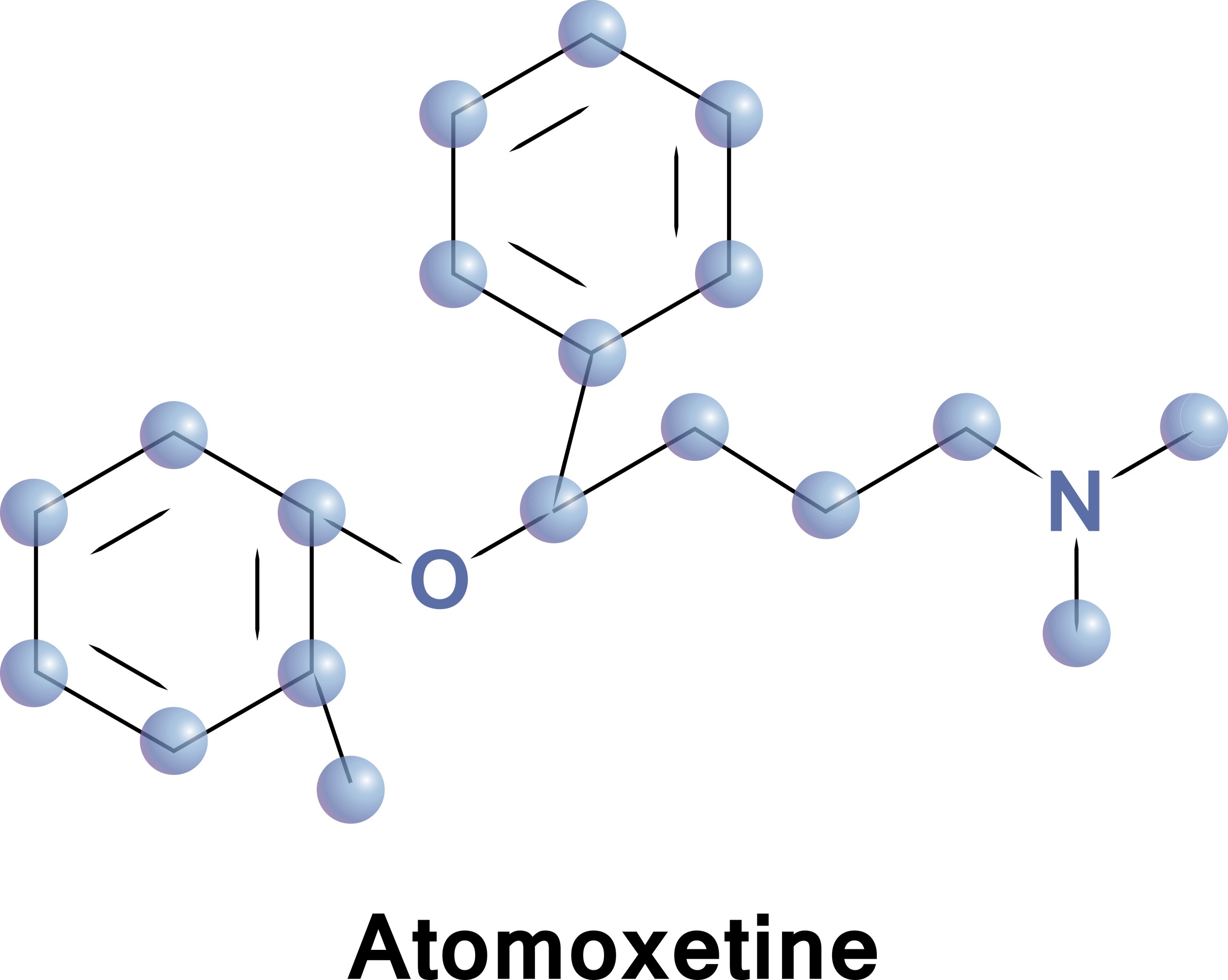
Norepinephrine inhibitors
What is atomoxetine for bipolar disorder? Atomoxetine is a norepinephrine (noradrenaline) reuptake inhibitor used to treat Attention Deficit Hyperactivity Disorder (ADHD). Studies on people with bipolar disorder show rates of comorbid ADHD range from 12.8% to 16%, which is higher than observed in the general population. Having both ADHD and bipolar disorder is associated with more severe symptoms and worse outcomes of both conditions, including earlier onset of bipolar disorder, more mood episodes, shorter inter-episodic phases, and generally, greater functional impairment. What is the evidence for atomoxetine? Low quality evidence is unable to properly determine any benefits of atomoxetine for…

Thyroid hormones
What are thyroid hormones for bipolar disorder? There is a well-established relationship between alterations of various hormonal systems and psychiatric disorders, including depression. This has led to clinical and research studies examining the efficacy of the different hormones, including thyroid hormones, for treatment of depression in people with bipolar disorder. What is the evidence for thyroid hormones? The evidence for triiodothyronine for bipolar disorder is of low quality. Review authors conclude that although the few studies were small and flawed, some promising results suggests triiodothyronine may accelerate treatment response to antidepressants and lithium and might protect against rapid cycling bipolar…
Green - Topic summary is available.
Orange - Topic summary is being compiled.
Red - Topic summary has no current systematic review available.
